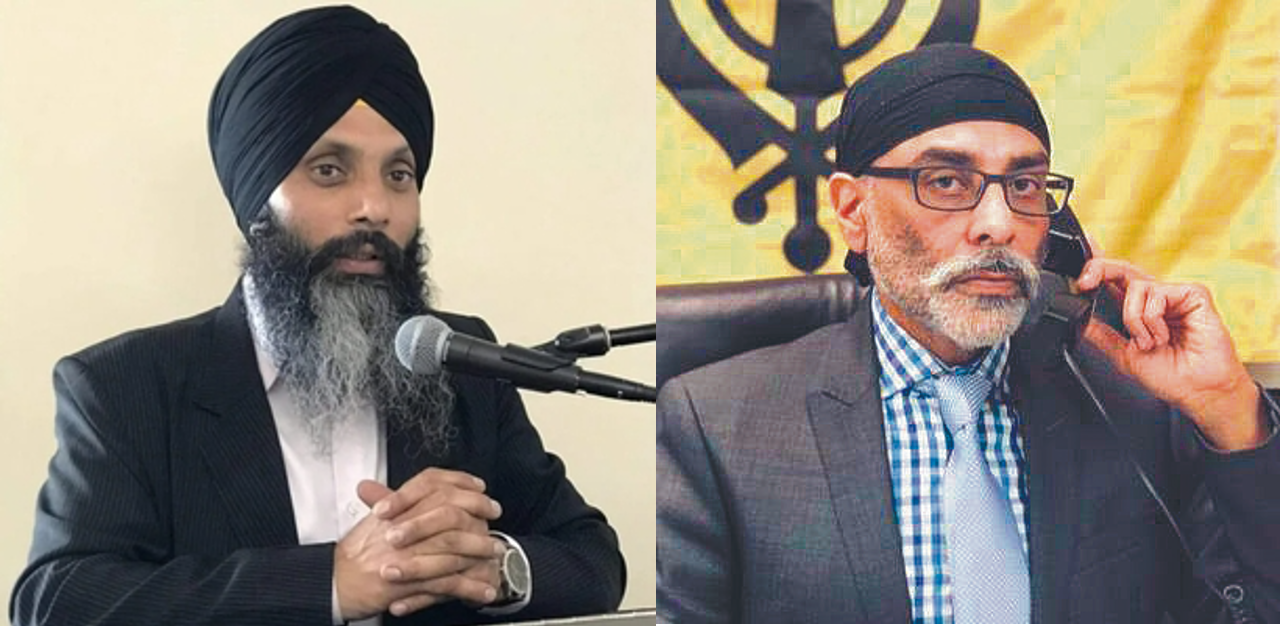In a surprising turn of events, the U.S. recently charged a former Indian intelligence officer, Vikash Yadav, for allegedly orchestrating a plot to assassinate Gurpatwant Singh Pannun, an advocate for Khalistan—a movement demanding an independent Sikh homeland carved out of India. The U.S. Department of Justice revealed that Yadav had attempted to hire an operative to kill Pannun, a dual U.S.-Canadian citizen, in New York in exchange for having legal charges against him dropped in India.
This dramatic development has stirred up questions about how the U.S. handles such politically sensitive issues. India denies involvement, calling the accusations absurd, but this incident, coming right after tensions with Canada over a similar issue, has further strained India's relations with Western countries.
Does This Mean the U.S. and Canada Support Khalistan?
The quick answer: Not necessarily. Both countries insist they are not endorsing the Khalistan movement, even though they have taken significant steps to protect people like Pannun and the late Hardeep Singh Nijjar, both of whom India considers separatists and terrorists.
For Canada and the U.S., the focus is not on supporting separatism but on protecting individuals within their borders, including activists and dissidents, regardless of their political beliefs. Their core argument is that democratic principles, such as free speech and sovereignty, are more important than any diplomatic fallout with India.
This protection doesn’t sit well with India, which views the Khalistan movement as a direct threat to its unity. India sees Nijjar and Pannun as dangerous elements, but Canada and the U.S. frame them as activists exercising their right to free speech. This clash of perspectives has driven a wedge between India and these countries.
Canada vs. U.S.: Why the Different Reactions from India?
The difference in India’s response to the U.S. and Canada’s actions is striking. Canada, which openly accused India of involvement in Nijjar’s killing, faced immediate backlash. India called out Canada for "supporting extremism" and expelled Canadian diplomats. Indian media was quick to criticize Canada, fueling public resentment.
In contrast, the U.S. took a quieter approach, focusing on legal action by charging Yadav. While India criticized the allegations, it hasn’t responded as aggressively as it did with Canada. This more measured response reflects India’s desire to maintain strong relations with the U.S., given their strategic ties, particularly in defense and trade.
Protecting Citizens at All Costs?
Both the U.S. and Canada have shown they are willing to protect individuals, even at the cost of upsetting a major international partner. By charging Indian agents and expelling diplomats, both countries are sending a clear message: safety and sovereignty come first, international politics come second.
From India’s perspective, these actions might feel like indirect support for the Khalistan movement. But for the U.S. and Canada, the focus remains on upholding domestic laws and democratic principles. Whether this indirectly empowers separatist narratives remains to be seen, but both nations seem committed to standing their ground.
What’s Next?
With tensions already high, these developments have put India’s relations with Canada and the U.S. on shaky ground. Diplomatic resolutions seem far off, and the situation will likely continue to evolve. The key takeaway? Canada and the U.S. are making it clear that they will protect people within their borders, no matter how controversial the cause—and no matter how much it irritates their allies abroad.
This approach may complicate relations further, but it highlights a fundamental principle both countries hold: domestic sovereignty and individual freedoms come before international diplomacy.

